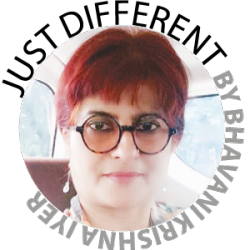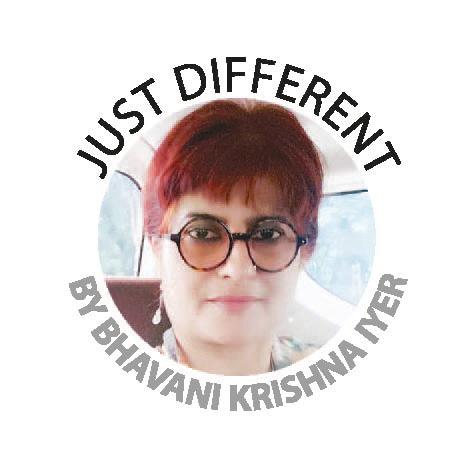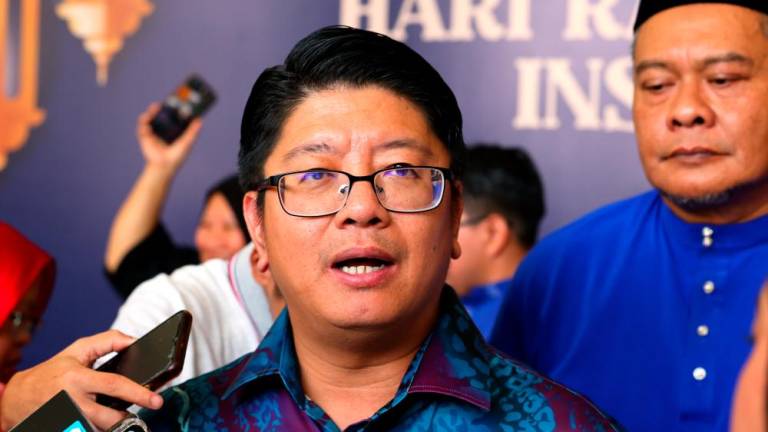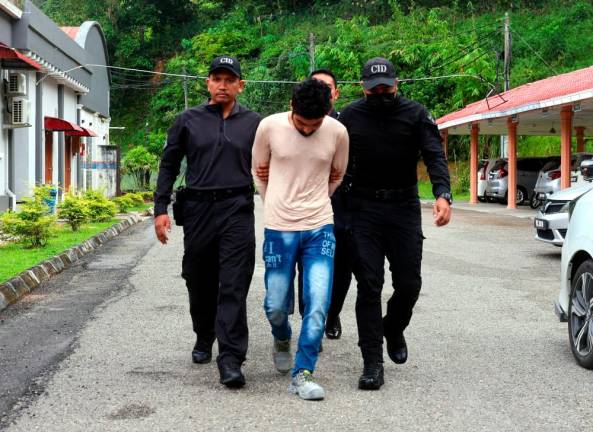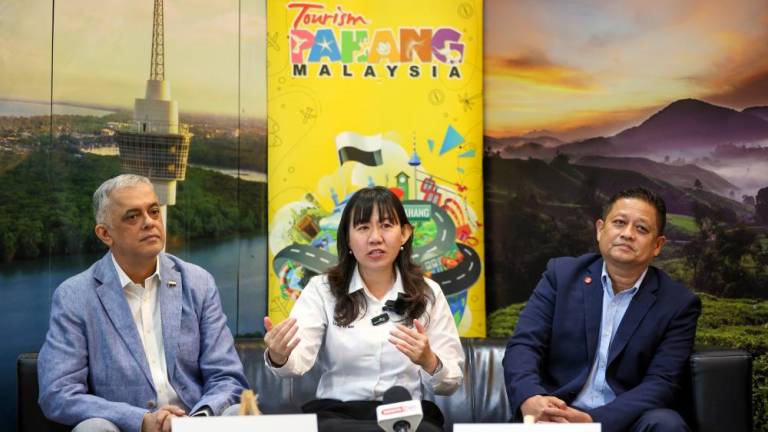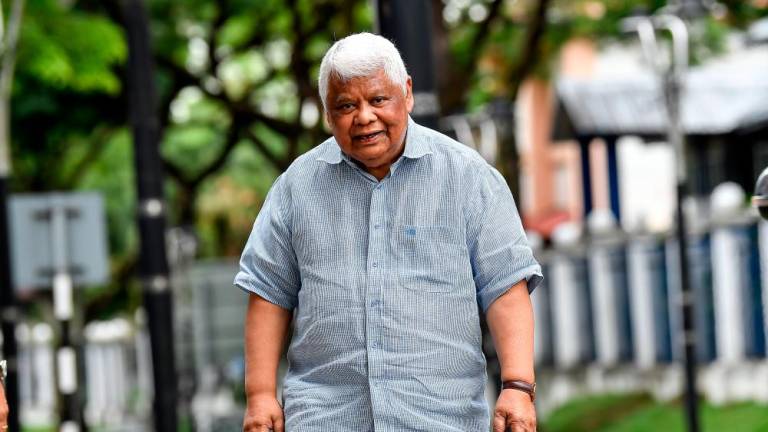I KNOW Kenny (not his real name) as a hardworking boy who faithfully schedules his daily revision times with no coaxing or intervention from his parents. He puts in many hours a day and is mostly self-motivated and yet each time he sits for an examination he is consumed in despair.
When the results are released, he goes through the same sense of hopelessness and helplessness. Kenny is a dyslexic and although he has overcome his reading disability, he is still tormented with processing mathematical formulations. Kenny will soon be finishing SPM in a regular public school in Malaysia.
Kenny’s only dream is to get into a university and obtain a degree but it is not going to be easy. He may not make it through the university entry criteria set for normal students and Kenny is considered an OKU with a learning disability.
There are many like Kenny who may be left out of the education system in Malaysia which does not sufficiently provide for such students to enter and finish a university degree.
The undertaking by Education Minister Dr Maszlee Malik that all public higher education institutions must become completely disabled-friendly within the next decade offers hope for those in need of special facilities and infrastructure. This would be a definite advantage for those with physical disabilities.
Earlier this year Maszlee also confirmed that the Education Ministry has provided a special path to four groups, namely persons with disabilities, athletes, the orang asli community and those from the low-income households for admission to public universities.
He said with the special path, the four groups did not have to compete with those from the mainstream to pursue their tertiary education. They only need to meet requirements set by the selected universities and would only be filtered among their own groups. I hope learning disabilities are given due consideration at the conception stage when moving this forward.
Both statements give a lot of hope for our OKU community in Malaysia and many of them are hoping to see the words translate into action in terms of developing policies and action plans to make these workable. Kenny, especially will benefit from the latter with his worry about entry examinations dispelled.
While parents of children with disabilities are happy that the ministry recognises the need for the education system to cater for the special needs students, their apprehension and concern are that thoughts and ideas are often discussed and disclosed for political motives and not in earnestness and hence, may not see fruition.
“Politicians come and go and they make statements, many of them have not seen the desired level of commitment and follow-through to ensure the policies are developed and implemented,” said one parent with an autistic child.
It would be worthwhile if the ministers who make statements in the media about a certain change in policy matters also share the timeline for execution and the steps put in place to achieve the desired results, otherwise it becomes nothing but mere propaganda.
A general search of higher education opportunities for dyslexics in Malaysia returned with nothing tangible except from one foreign university with a campus here. The university confirmed that the entry requirement for all students, regardless, will be the same. Which means students with learning disabilities will be assessed alongside normal students, with no distinction or exclusion.
The university, however claims that that one-to-one help may be extended for such students apart from working out extended time for examination. Still a long way to go on this.
On the other hand, universities in first world countries such as the United Kingdom, United States and Australia have made great advances in making inclusivity happen in the real sense with all systems in place. Selected universities have dedicated disability advisory services to guide all prospective students with disabilities.
The University of Iowa, for example, offers students with intellectual, cognitive, and learning disabilities access to a special programme. Through it, participants get help with everything from course work to life on campus, allowing them to build career skills, perform better academically.
Meanwhile, inclusive education (IE) is a term that has been part of the educational discourse in Australia for almost two decades. While there is no overarching definition under which IE operates in that country, it is accepted that the meaning behind the term has shifted from being exclusively about students with a disability to now encompassing the delivery of a high-quality education to all students.
Education is a human rights issue and must be made affordable and accessible to one and all barring all differences. Disabilities should not come between a student and his right to equal opportunities to be educated in the world today where teaching methods have advanced phenomenally on the lines of innovation and technology. We have started talking and that is a first step in the right direction towards more concrete developments.
Comments: letters@thesundaily.com



